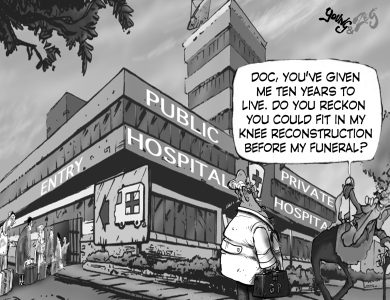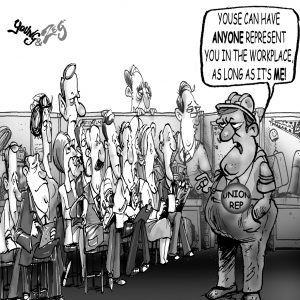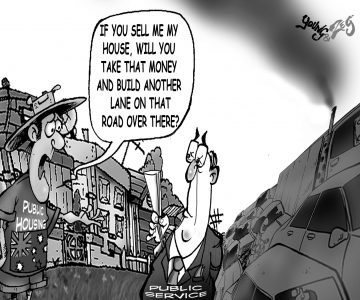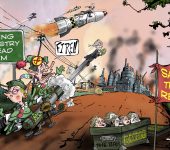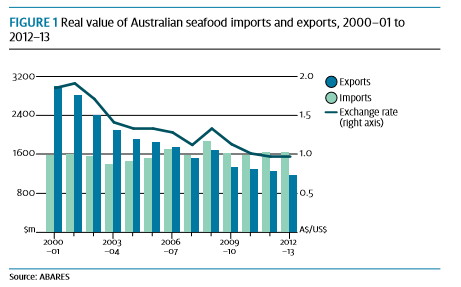 Seafood is recognised as an important healthy protein source, and critical to meet the nutritional needs of an ageing population in particular. Last year Australia exported less fish than it imported, indicating that we are not producing enough to feed ourselves. This hasn’t always been the case with export production regularly exceeding imports until 2006-07. Despite having a significant coastline, Australia is relying on exploiting the fishing stocks and aquaculture production of other nations, often developing nations with limited effective management regimes. This unused local resource is a renewable one with sensible management. This situation is unsustainable in a world with global population heading towards 9 billion people.
Seafood is recognised as an important healthy protein source, and critical to meet the nutritional needs of an ageing population in particular. Last year Australia exported less fish than it imported, indicating that we are not producing enough to feed ourselves. This hasn’t always been the case with export production regularly exceeding imports until 2006-07. Despite having a significant coastline, Australia is relying on exploiting the fishing stocks and aquaculture production of other nations, often developing nations with limited effective management regimes. This unused local resource is a renewable one with sensible management. This situation is unsustainable in a world with global population heading towards 9 billion people.
It would appear that too much of our fish stock has been locked-up, with absolutely no advantage to us but to the detriment of the environment in other regions of the world. Yet we have no clear idea what areas have been locked-up, and how much additional production would be possible and what additional wealth would be available to us if we utilized the resource.
